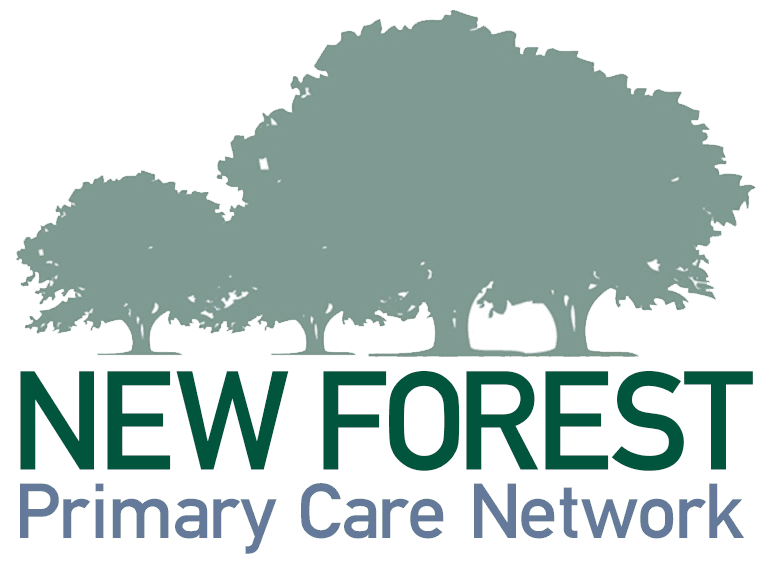Hello all
First of all, I wanted to say thanks for allowing me to join the forum. It seems like a really great place to exchange valuable information about diabetes. This is a bit of a funny one really but I hope you’ll bear with me and with my introduction to diabetes.
So I’m a 60 year old male who has just retired from a pretty sedentary office job. Stress levels have been fairly high and I’ve had a poor diet, with too much stodge, for too long. But part of my preparation for retirement was to have a GP wellness assessment and to use that as a basis for getting more active, eat better and enjoy life a bit more. First step was to get a blood test. All went well except that the surgery called me up two days later to make an urgent appointment to see the GP. Except it was so urgent that they couldn’t see me for two weeks. I’ve got that appointment next week. Being a bit concerned, I have had high cholesterol readings in the past, I looked to see if my results were on my NHS app. Sure enough they were. One result showed slightly high cholesterol but it was the blood glucose test that floored me. 101 mmol/mol. Even I can see that is extremely high. I guess that’s why the GP wants to see me!
Three things are on my mind right now. Firstly, I’m doing my nut in worrying about what I may have and my prognosis for the future. I’m not asking for a diagnosis here but any advice would be gratefully received given the numbers. Secondly, I’ve had no real symptoms of diabetes throughout my life. I’m not particularly tired all the time. I walk a lot and workout a couple of times a week. Yes, I sometimes have a snooze after dinner but nothing out of the ordinary. I should probably say now that I’m of mixed European and East Asian heritage which, I believe, may have some bearing on my risk factors. And thirdly, what kind of thing should I be asking the GP next week? I guess that depends on the diagnosis but I do want to be an active participant in this appointment, not just sit there like a dummy.
So that’s it. I’m not a diagnosed diabetic yet but feel it’s only a matter of days away. Grateful for any thoughts.
Ade
First of all, I wanted to say thanks for allowing me to join the forum. It seems like a really great place to exchange valuable information about diabetes. This is a bit of a funny one really but I hope you’ll bear with me and with my introduction to diabetes.
So I’m a 60 year old male who has just retired from a pretty sedentary office job. Stress levels have been fairly high and I’ve had a poor diet, with too much stodge, for too long. But part of my preparation for retirement was to have a GP wellness assessment and to use that as a basis for getting more active, eat better and enjoy life a bit more. First step was to get a blood test. All went well except that the surgery called me up two days later to make an urgent appointment to see the GP. Except it was so urgent that they couldn’t see me for two weeks. I’ve got that appointment next week. Being a bit concerned, I have had high cholesterol readings in the past, I looked to see if my results were on my NHS app. Sure enough they were. One result showed slightly high cholesterol but it was the blood glucose test that floored me. 101 mmol/mol. Even I can see that is extremely high. I guess that’s why the GP wants to see me!
Three things are on my mind right now. Firstly, I’m doing my nut in worrying about what I may have and my prognosis for the future. I’m not asking for a diagnosis here but any advice would be gratefully received given the numbers. Secondly, I’ve had no real symptoms of diabetes throughout my life. I’m not particularly tired all the time. I walk a lot and workout a couple of times a week. Yes, I sometimes have a snooze after dinner but nothing out of the ordinary. I should probably say now that I’m of mixed European and East Asian heritage which, I believe, may have some bearing on my risk factors. And thirdly, what kind of thing should I be asking the GP next week? I guess that depends on the diagnosis but I do want to be an active participant in this appointment, not just sit there like a dummy.
So that’s it. I’m not a diagnosed diabetic yet but feel it’s only a matter of days away. Grateful for any thoughts.
Ade





